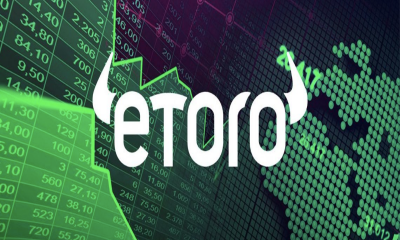Coin News
Central Bank Digital Currency (CBDC) – A Feasible Concept?

Are we close to a dramatic change in the global financial system? Should the next system be fully digital and decentralized? Will cryptocurrencies play any role in the equation? A new wave of speculations emerged now that central banks like China’s PBoC or Singapore’s MAS had shown interest in the idea of a central bank digital currency or CBDC.
Why do we need a CBDC?
At the present time, the global monetary system is built around the US dollar, currently the world’s reserve currency. Since August 1971 we have a fiat monetary system, meaning central bank control the value of money with two main tools: interest rates and since the 2008 financial crisis, quantitative easing.
However, several economic downturns had forced central banks to cut interest rates to zero, or in negative territory, meaning there’s less tool to tackle another recession if it were to occur. In addition, each currency is valued against other currencies and since we have a globalized world with global trade relations, countries had constantly been devaluing their currencies in order to gain a competitive advantage.
But each time a currency weakens, another or others must strengthen, a major problem right now, since developed nations have high debt-to-GDP ratios and need to devalue their currencies in order to service the debt.
When could we see a CBDC implemented?
Because the current system is expected to raise some great challenges in the next few years, the idea of CBDCs continues to gain traction. According to a recent Reuters article, central banks in the UK, EU, Japan, Sweden, and Switzerland will share experiences in a new group headed by the former ECB official Benoit Coeure and assisted by the Bank of International Settlements.
Among the main topics, issuing their own digital currencies and debating the future of money should be at the top. We see the pace quickened because major private companies had already started to develop their own digital coins. Facebook plans to launch Libra and JPMorgan Chase had announced since 2019 the launching of a proprietary token called JPMorgan coin.
Even though interest in the topic is high, it’s very unlikely we’ll see any major CBDC implemented in 2020. Also, there’s a growing number of people who believe that traditional cryptocurrencies could be at the core of the new system. Bitcoin, Ethereum 2.0 and others can’t do that at the present, because the industry is still poorly regulated and central banks won’t give up too easily the control over the monetary system.





























